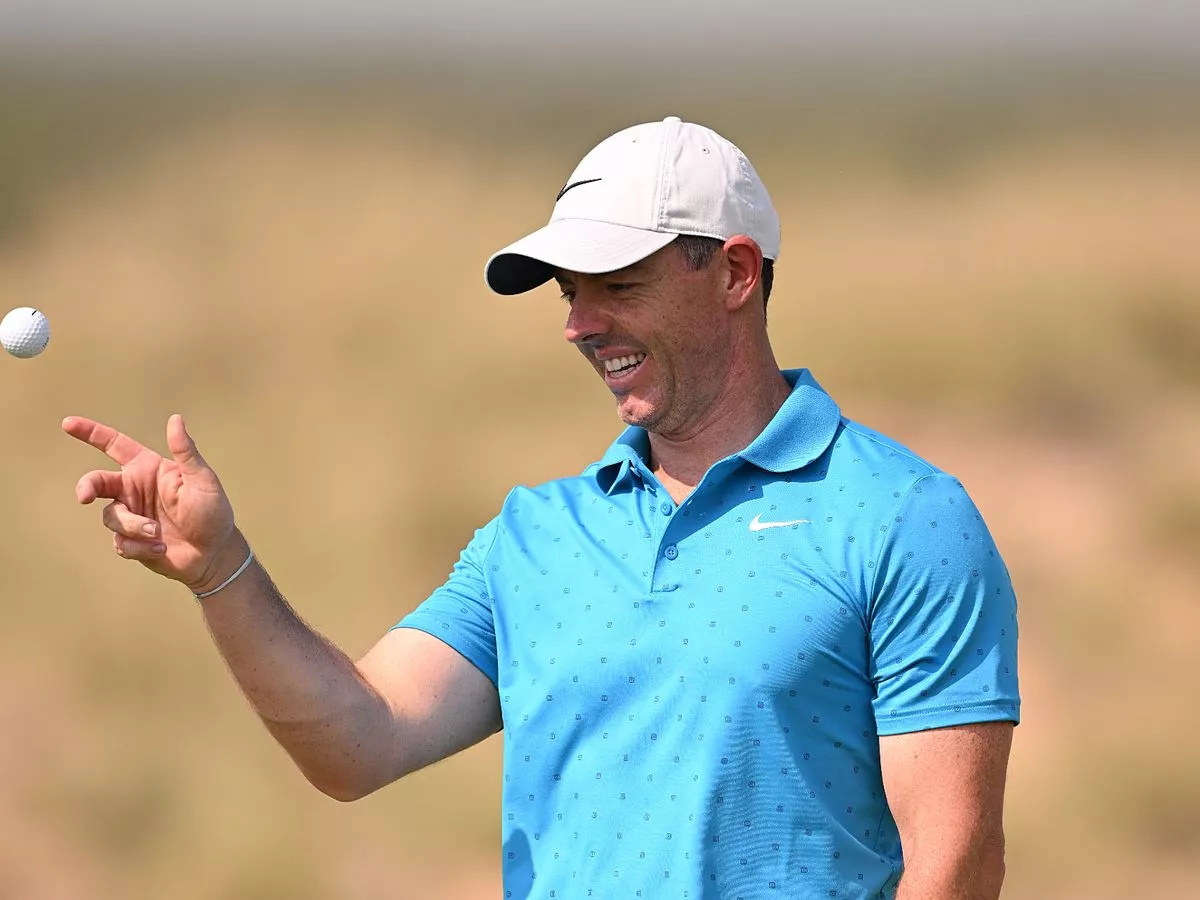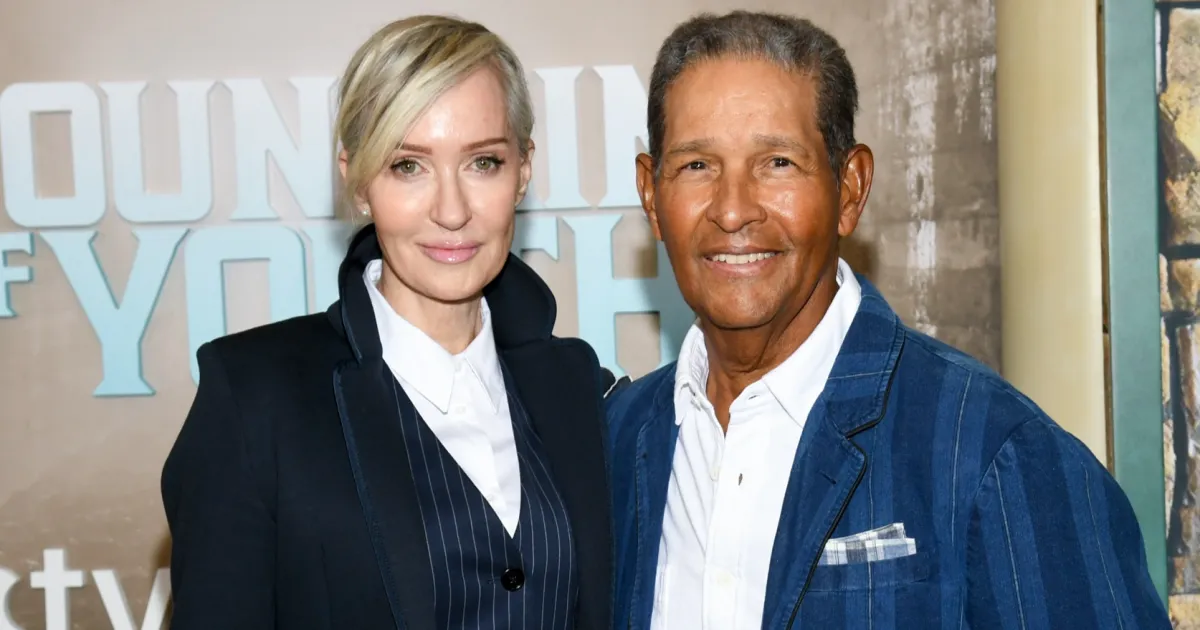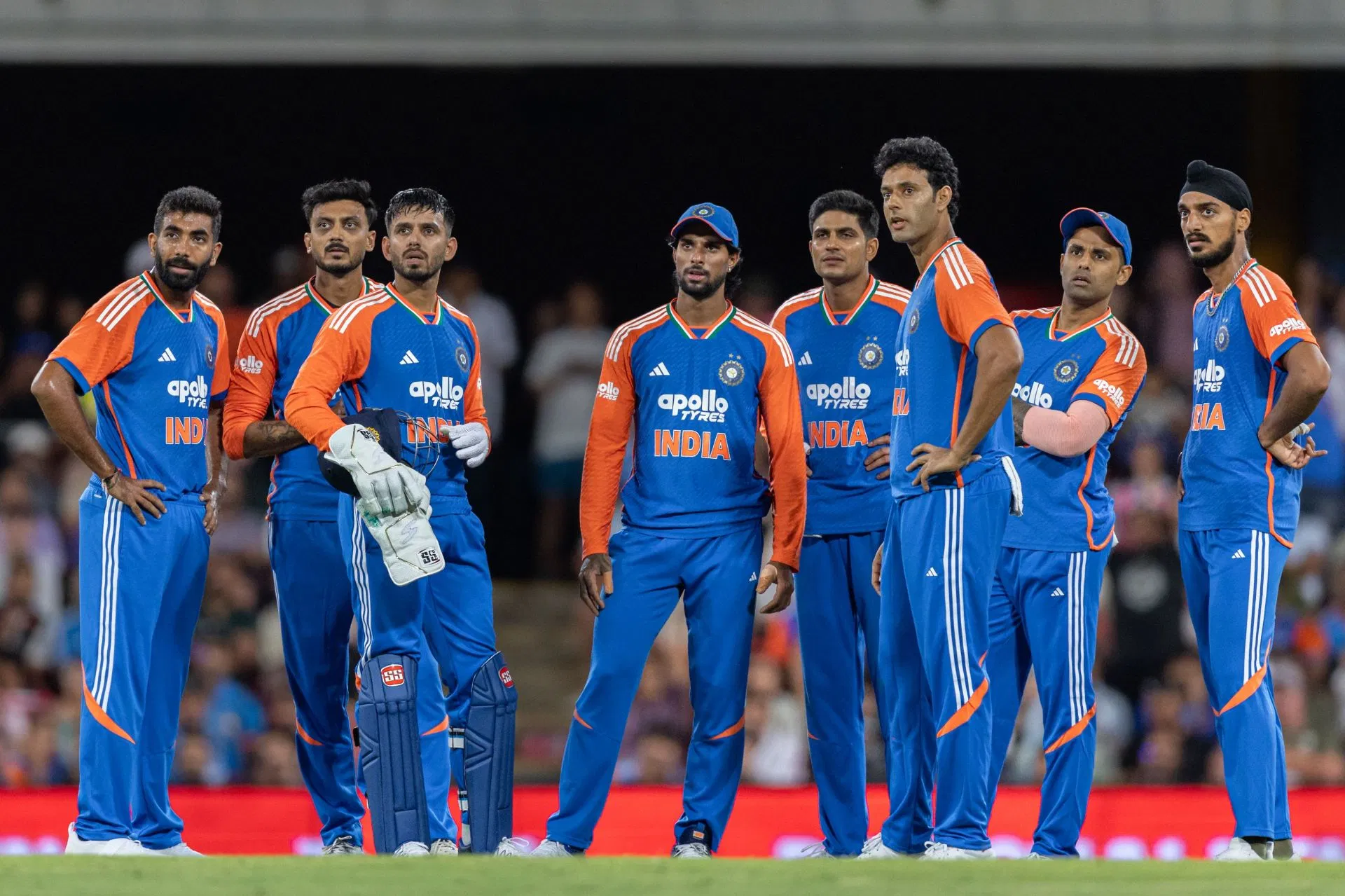Copyright mirror

In itself, telling well-oiled American golf fans to "shut the **** up" should make you a shoo-in for the BBC Sports Personality of the Year award. But completing the career Grand Slam and inspiring Team Europe to a Ryder Cup win on opposition grass must also help. “I suppose if I don’t win it this time, I never will,” the Masters champion said this week. And Rory McIlroy is right. But he also knows that he probably won’t win it this time and probably never will. McIlroy has a bit of history with the BBC award but has given it a nice bit of early publicity by confirming he will attend this year’s event , even though a date has not been confirmed (it is expected to be Tuesday, December 16). And this is newsworthy because when McIlroy was on the shortlist for the award two years ago, he did not show up and later had this to say: “I forgot I’d have even been nominated, so that’s how much I think about it.” He also had a view on the award’s prestige, adding: “Look, it’s a popularity contest. And I think it’s just not really what it once was.” Well, it has always been a popularity contest and not only about sporting achievement. For goodness sake, Princess Anne won it in 1971 after winning the individual title at the European Eventing Championships. But Rory is a popular guy, speaks brilliantly, smiles dazzlingly, plays bewilderingly well. He is not the sport’s number one player - although most would say he is the most talented - but he is the sport’s number one personality. Of that, there is no doubt. And perhaps the public will vote for him in numbers that are sufficient to make him the first golfer to win the award since Nick Faldo in 1989. But do not hold your breath. There are a few reasons why he will probably not come out on top - a clue for one of the major ones being in the award’s title. When Faldo won in ’89, golf was a staple of BBC Sport, his Masters win in that year was compelling viewing on the main terrestrial channel. Live broadcast golf has since become the preserve of subscription television. In terms of viewing figures, Sky Sports trumpeted McIlroy’s win at Augusta in April as record-breaking. The peak audience was 1.85 million. Great. But here is some context. For England’s opening game of the Women’s Rugby World Cup - a 62-7 walk in the park against the United States - the peak audience for the live coverage on BBC was 2.4 million. The final, in which England beat Canada, attracted 5.8million viewers. And that is why the England women’s rugby players - not to mention the England women’s football players - will probably finish ahead of Europe’s golfers in the Team of the Year category. England’s penalty shootout win in the finals of the Women’s Euros attracted a peak terrestrial TV audience of 16.2 million. Across the BBC and ITV, an average of 12 million watched the match whistle-to-whistle. Those are figures golf can only dream about. And, of course, that is one of the main reasons Chloe Kelly will almost certainly follow Beth Mead (2022) and Mary Earps (2023) as an England women’s footballer to be voted Sports Personality of the Year. If that is the case, Kelly will follow Keely Hodgkinson, who won it in 2024 after her gold medal-winning run at the Olympics drew 10 million viewers. Throw in the fact that, compared to football and athletics, golf remains fundamentally elitist and you will understand why - regardless of the Grand Slam and Ryder Cup heroics - McIlroy will probably still not become the BBC Sports Personality of the Year. But hey, at least he will be there - and at least, if only momentarily, he will be giving golf the bigger platform it deserves.



